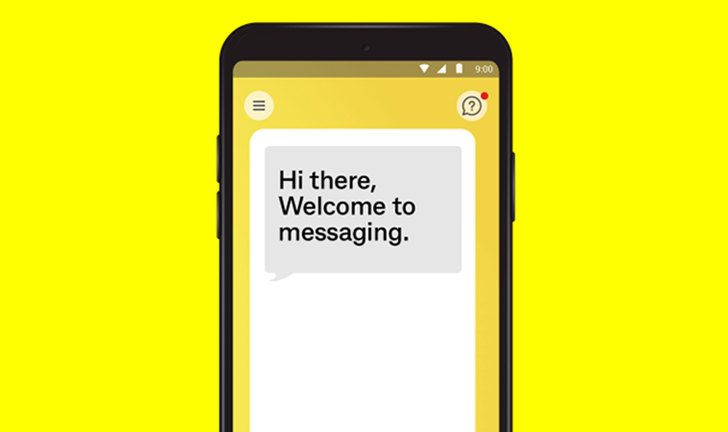Help & support
Identity fraud occurs when criminals seek out your personal information so they can pretend to be you. They might then try to access your bank accounts, or take out credit cards, personal loans or other products in your name.
Identity theft can occur online or offline or a combination of both. Criminals increasingly use social networking sites to uncover your personal information and financial details. Even some of the less obvious platforms such as Twitter and LinkedIn can be used for this purpose.
It’s crucial to keep your personal information secure. Details that are commonly sought after include driver’s licences, passports, Medicare card information, and bank account details.
Order copies of your credit report regularly to check for entries you don’t recognise. There are three credit reporting bodies (Illion, Experian and Equifax), so when checking your credit report, it’s important to approach all three. To find out how, visit moneysmart.gov.au and follow the links under ‘Borrowing & credit’.
Message us immediately if you're worried about the security of your account. Our virtual assistant Ceba can help you lock your card or securely connect you to a specialist.

If you (or someone you know) is a CommBank customer and has been targeted or lost money as a result of fraud, contact us.
Report fraud via the Australian Cyber Security Centre. Reports may be referred to the police for possible investigation.
Change your passwords and PINs straight away if you suspect your security has been compromised. Change these regularly as a preventative measure.
Truyu is Australia's first digital identity protection tool that alerts you when your identity is being used or misused online. Keep what belongs to you, with Truyu. Learn more about Truyu.
Contact IDCARE on 1800 595 160 or via www.idcare.org. IDCARE is a free, Government-funded service that provides support to victims of identity crime.
Ceba can help you lock your card or securely connect you to a specialist in the CommBank app.
Fast-track your call, see expected wait times and connect with a specialist in the CommBank app.
Send us a copy or screenshot if you receive a hoax email or SMS.
As this advice has been prepared without considering your objectives, financial situation or needs, you should, before acting on the advice, consider its appropriateness to your circumstances. The information provided on this page has been compiled by CommBank to educate you on ways to minimise the likelihood of being victim to fraud or experience unauthorised transactions on your accounts, and where to seek help if you believe either of these have occurred.